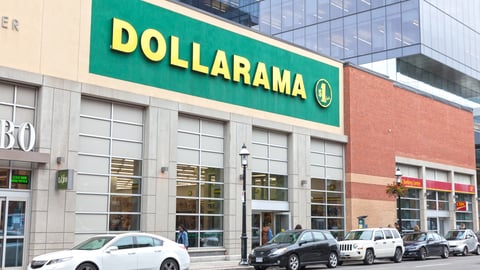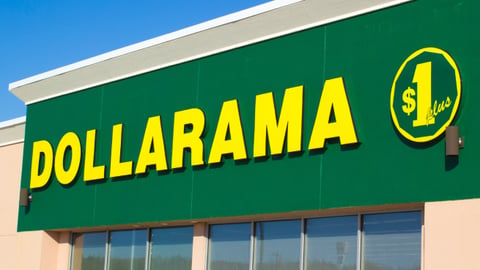Discount retailers, grocers driving occupancy rates up: RioCan CEO
RioCan Real Estate Investment Trust says retailers offering essential and discount goods are driving growth in its occupancy rates.
"We are certainly seeing growth in grocery, pharma and discount as well as the TJX banners (Winners, HomeSense and Marshalls) and Dollarama,'' said Jonathan Gitlin, the Toronto-based realty company's chief executive on a Friday (Nov. 4) call with analysts.
Gitlin's remarks came after RioCan said Thursday (Nov. 3) that occupancy across its commercial portfolio increased to 97.3% in its most recent quarter, up from 96.4% at the same time last year.
Retail occupancy for the real estate trust's third quarter increased by 20 basis points from the prior quarter to reach 97.8%.
Analysts have been watching occupancy rates closely over the last few years as retailers have adjusted to shifting health measures triggered by the COVID-19 pandemic and changing consumer habits amid high inflation rates.
While some retailers shrank their footprints coming out of the health crisis, others have seen demand for their goods and services surge and are on the hunt for new spaces.
RioCan's portfolio is largely skewed toward necessity-based retailers like grocers, pharmacies and liquor stores seeking more space, but it's also benefiting because there is a scarcity of some properties, said chief operating officer John Ballantyne.
Properties measuring between 1,858 and 2,322 square meters are in high demand as are smaller units between 139 and 185 square meters, he said.
But Gitlin pointed out that inflation has not eased to comfortable levels yet and a recession seems imminent, so "there is an elevated risk of tenant failure.''
He sees RioCan's portfolio as "defensive'' and its tenant mix somewhat "insulated'' from the worst of these economic headwinds, but admitted there are some areas of concern, including cannabis tenants.
"There has been some fallout already from the store counts we have and I expect going into 2023 there will probably be some more,'' said Gitlin.
On Thursday, RioCan reported a net income of $3.2 million, down from $137.6 million the year before.
Revenue totalled $305.3 million for the quarter ended Sept. 30, up from $264.1 million a year earlier.



